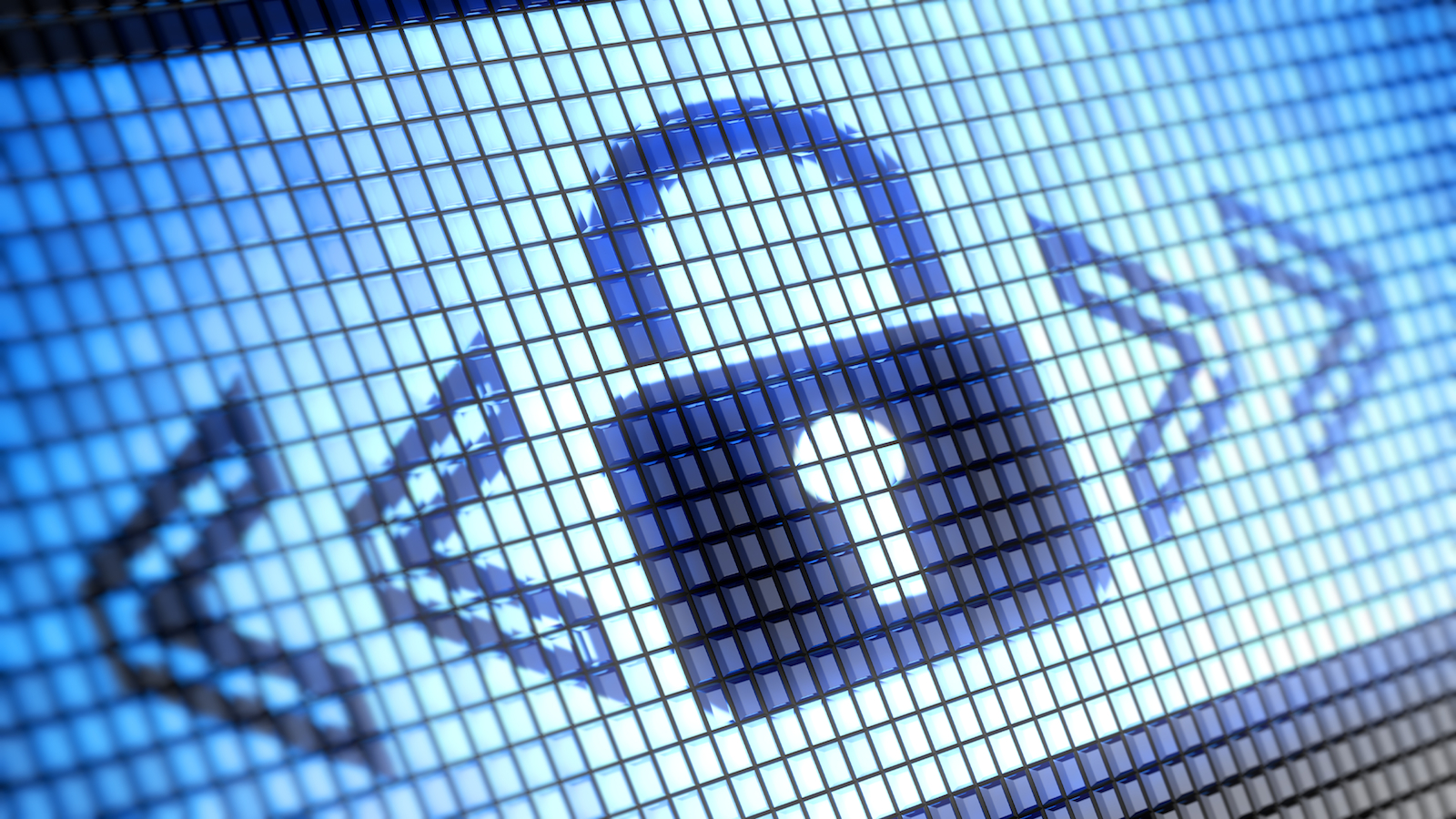PureVPN Windows client leaked passwords ***now patched***
One flaw is already fixed and the service provider took the hit for the other one.

[This article has been updated with exclusive comments from PureVPN. Scroll below for more details]
PureVPN has had two vulnerabilities which would allow hackers to retrieve stored passwords through the VPN client. This was confirmed by Trustwave’s security researcher Manuel Nader, and the VPN provider itself.
One of the two vulnerabilities were fixed in the meantime, while the other one remains active, and PureVPN has, according to Nader, “accepted the risk”.
The vulnerability that was patched saw saved passwords stored in plaintext, on this location: 'C:\ProgramData\purevpn\config\login.conf
All users have had the chance to access and read the file by simply opening it through the CMD. This vulnerability has been patched in the version 6.1.0. and whoever uses PureVPN is strongly advised to update to the latest version, as soon as possible.
PureVPN still vulnerable
The second vulnerability is the one that remains open, and the company has decided to ‘accept the risk’. Here is how Trustwave explains the vulnerability:
“The PureVPN Windows Client provided by PureVPN may allow a local attacker to retrieve the stored password of the last user who successfully logged in to the PureVPN service. Because of this, a local attacker may obtain another user's PureVPN credentials when a Windows machine has multiple users if they have successfully logged in. The attack is done exclusively through the GUI (Graphical User Interface), there's no need to use an external tool.”
So basically, you’d need to open the Windows client, open Configuration, User Profile, and click on ‘Show Password’.
A spokesperson for PureVPN sent us the following statement.
"This is not a vulnerability rather a feature that we deployed for ease of our users. Back in April 2018, when Trustwave reported it to us, we assessed the risk, and found it minimally due to how our systems are designed. In order to understand this feature and why we assessed it as minimal risk, please read on:
Our systems work a bit different than most of the other VPN providers. For enhanced security, we use separate passwords for Member Area and VPN access. Member Area password which is more privileged is not shown in apps, it's the VPN access password that is the subject of this feature. Furthermore, by default, our VPN passwords are system generated and not set by users. This curtails the risk of users using the same password for VPN accounts that they use for their sensitive accounts elsewhere on the Internet. On the other hand, this enhanced security design proved a little difficult for quite a few of our users and hence we offered a way for them to easily retrieve their VPN password.
For now the community has raised concerns and is confusing it as a vulnerability, we have temporarily removed the feature and released a newer version 6.2.2. To those users of our who pretty much use this feature to retrieve the separate password for VPN we would like to inform that we plan to redesign the future, keeping these concerns in mind, and release it back in our November 2018 release.
We use Bugcrowd, a public Bug Bounty Program that employees some 90,000 ethical hackers to test our product. We remain in heavy collaboration with the InfoSec community and hence have such aggressive and streamlined processes in place to have released the new version 6.2.2 within a few hours only."
Those interested in learning more about VPNs and how they help improve your online privacy, make sure to read our Best VPN article.
Sign up to the TechRadar Pro newsletter to get all the top news, opinion, features and guidance your business needs to succeed!

Désiré has been musing and writing about technology during a career spanning four decades. He dabbled in website builders and web hosting when DHTML and frames were in vogue and started narrating about the impact of technology on society just before the start of the Y2K hysteria at the turn of the last millennium.